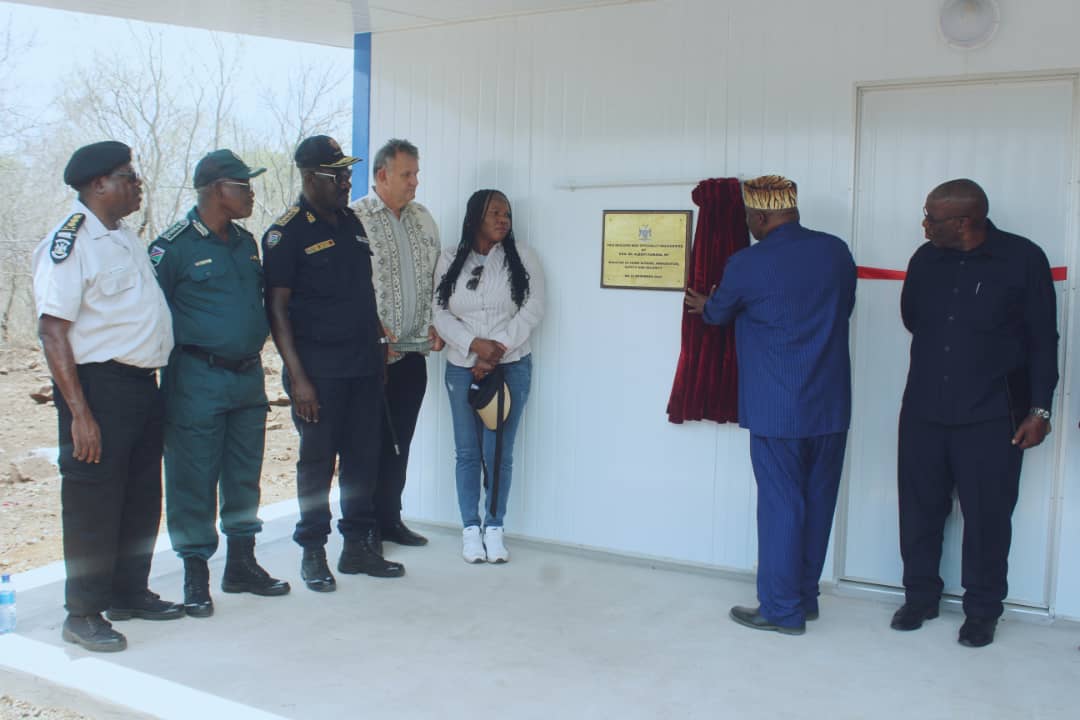The Ministry of Agriculture, Water and Land Reform is targeting 13 000 farmers to adopt at least one conservation agriculture practice.
This includes minimum tillage, crop rotation and organic soil cover, which form part of climate resilient production systems, says Erich Petrus, the ministry’s acting director of agricultural production, extension and engineering services.
Petrus says conservation agriculture helps mitigate some of the challenges of climate change and food systems, and is seen as a good start in migrating towards climate-smart agriculture.
He said this on Friday at a two-day agriculture conservation validation workshop at Otjiwarongo aimed at encouraging local farmers and stakeholders to develop a programme responsive to climate adaptation challenges.
The workshop was held in partnership with the Food and Agriculture Organisation (FAO) and German development agency GIZ.
“Namibia is an arid country with varying and low rainfall, and with soil and terrain conditions generally not conducive to conventional agriculture and food production, and the ministry is promoting conservation agriculture due to the country’s arid conditions,” he said.
“Conservation agriculture also forms a key part of the fifth National Development Plan for Namibia and the ministry’s strategic plan, whereby 13 000 farmers were targeted to adopt at least one of the conservation agriculture practices.
“The programme is in line with the 2014 Comprehensive Africa Agriculture Development Programme’s Malabo Declaration by African heads of state, committing to achieve 25 million farmers adopting climate-resilient production systems by 2025 to ensure food and nutrition security,” Petrus said.
Qingyun Diao, the FAO’s representative in Namibia, said the organisation recognises the urgent need to address climate-related risks and enhance the capacity of farmers to cope with the challenges of a changing climate.
He said the action plan sets out a clear roadmap to guide the collective efforts of the partners in achieving the goals set forth in the Climate Change Strategy.
It outlines specific actions, targets and timelines, emphasising the importance of collaboration with member countries, international partners and stakeholders to drive tangible outcomes, Diao said.
“We are pleased to be part of the collective efforts aimed at strengthening the sustainability and resilience of agriculture in Namibia, including this ambitious initiative aimed at increasing the application of conservation agriculture principles and practices among crop-growing farmers in Namibia,” he said.
This was the last consultation workshop towards the finalisation of the Comprehensive Conservation Agriculture Programme 2 for Namibia.
The programme was first launched in March 2015 as an initiative aimed at increasing the application of conservation agriculture principles and practices among crop-growing farmers in Namibia.
Stay informed with The Namibian – your source for credible journalism. Get in-depth reporting and opinions for
only N$85 a month. Invest in journalism, invest in democracy –
Subscribe Now!






